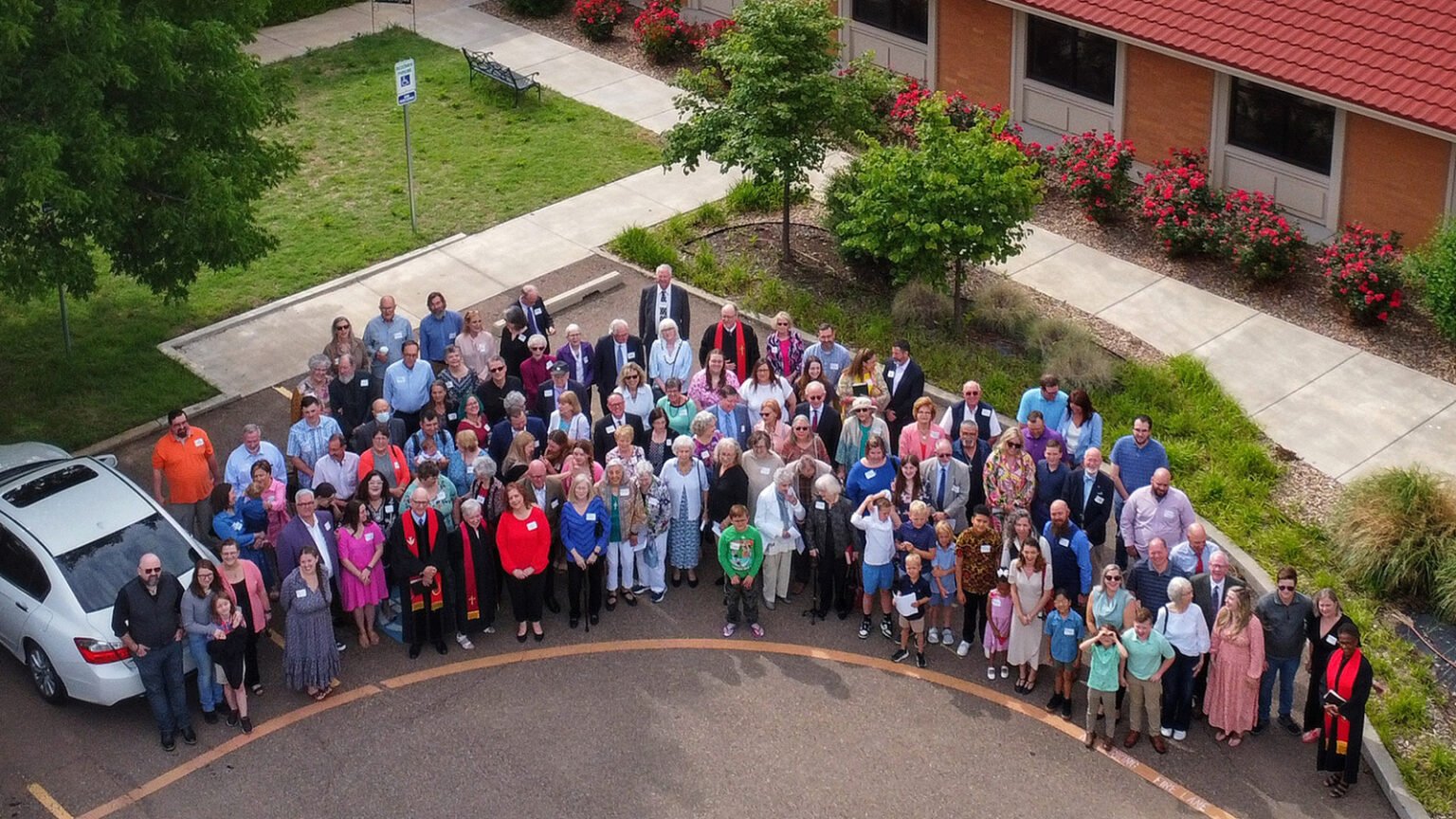(RNS) — Earlier this year, the seven United Methodist churches in this city in the Texas Panhandle voted to leave the country’s second-largest Protestant denomination over theological questions about homosexuality and gender identity.
Since 2019, in a process dragged out by the COVID-19 pandemic and denominational infighting, hundreds of churches across Texas — and thousands across the U.S. — have taken advantage of a protocol allowing local churches to disaffiliate from the half-century-old denomination while keeping their real estate and paying off their clergy pension obligations.
But the departure of all seven UMC churches in this city of 200,000 made it the largest city in the nation known to be without a UMC church and left nowhere for those who felt an allegiance to the denomination to go.
“It was the first time in our lives that we had lived somewhere where we did not have a church home,” McNeir said.
In February, after the existing UMC churches in Amarillo had voted to leave or would do so soon, McNeir, along with another retired pastor, held a meeting to see how many people among the seven churches wanted to remain with the United Methodists. Less than a month later, they held their first service in a senior living home. By the following Sunday, it became clear that the remainers were going to need more space.
“We were starting something new. I kept emphasizing that we needed to think about this as we were putting new wine into new wineskins. We were forming a United Methodist church that was not going to be a clone of any one of the seven churches that were here in Amarillo,” said McNeir.
Since April, the group has been meeting at St. Luke’s Presbyterian Church in Amarillo. On June 4, the group was officially chartered as Amarillo United Methodist Church.
It made sense that the newest UMC church in Amarillo would rise out of Polk Street Methodist. Established in 1888, the church stands out for its delicate stained glass, intricate moldings and Gothic-inspired architecture. Members describe it as the flagship Methodist church in its corner of Texas.
“Polk Street has a long, long, long history as the founding Christian Church in Amarillo, Texas, and I had been a part of that church since I was a 10-year-old,” said Gary Pitner, now 67, who helped organize the new church.
Pitner, who had been a member at Polk Street for 57 years, said its disaffiliation was “a very painful process, for all of us.”
McNeir began attending the church after moving to Amarillo in 2014 with her husband. A 1984 graduate of Southern Methodist University’s Perkins School of Theology, McNeir had served as a pastor at two churches in North Texas before retiring in 2002. Three years after she arrived in Amarillo, Polk Street Methodist asked her to join the staff as the executive pastor.
McNeir, who said she never expected to “fail retirement” so many times, came out of retirement again this spring, after Polk Street decided to leave the UMC. McNeir led services until the Rev. Robert Burke joined this summer, and McNeir retired for her third time.
The 3-month-old Amarillo United Methodist Church is bursting at its seams, with more than 150 people attending its 9 a.m. service, with nearly half under the age of 60, but the congregation is still getting organized. “We barely put a leadership council together just for the chartering service,” Burke said. Burke says members are working to create their own identity while merging different churches.
“For me as a pastor at a county seat church before this, trying to get people to do stuff is sometimes challenging,” Burke said. “But here, (people ask), ‘What can I do to help out?’ Everybody’s eager to try to jump in and do their part and use their gifts and graces to serve the church, and I really haven’t seen that for a long time.”
But members are still grieving their buildings and church friends left behind.
“Some of this decision-making in disaffiliation got co-opted, if you will,” said Pitner. “What’s taking place in the country with the culture and the politics, the red, the blue, left and right, the Christian nationalism stuff clouded, shaded and impacted decisions that were being made, and quite frankly, confused people as to decisions that were being made by local churches in our part of the world regarding disaffiliation or staying put.”























